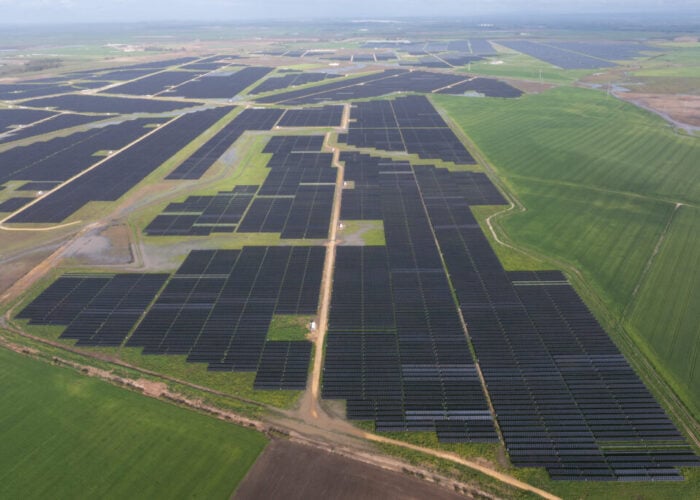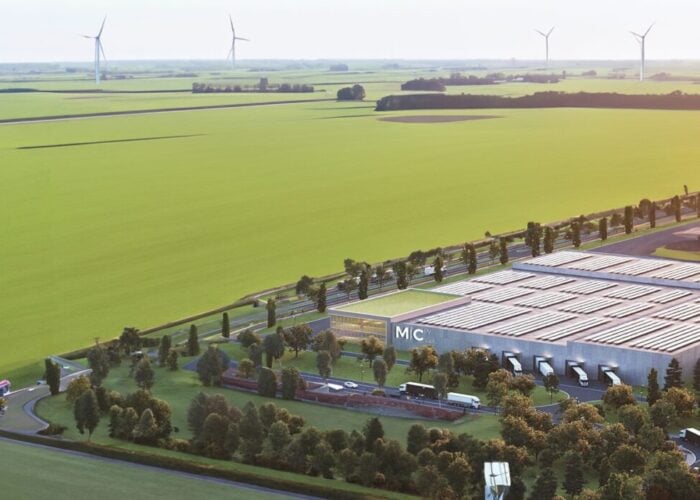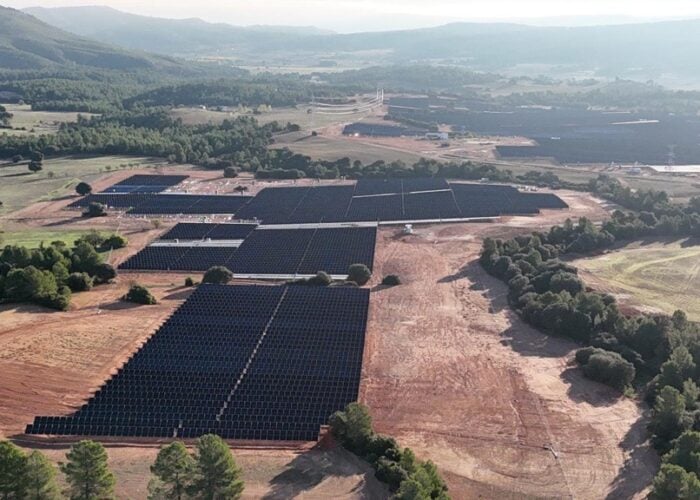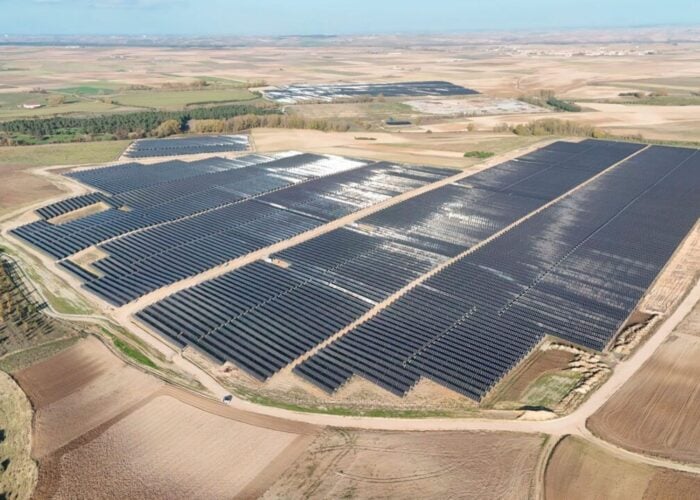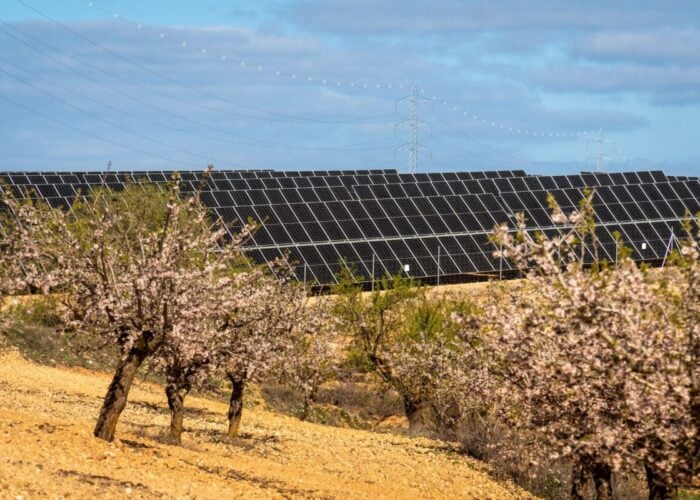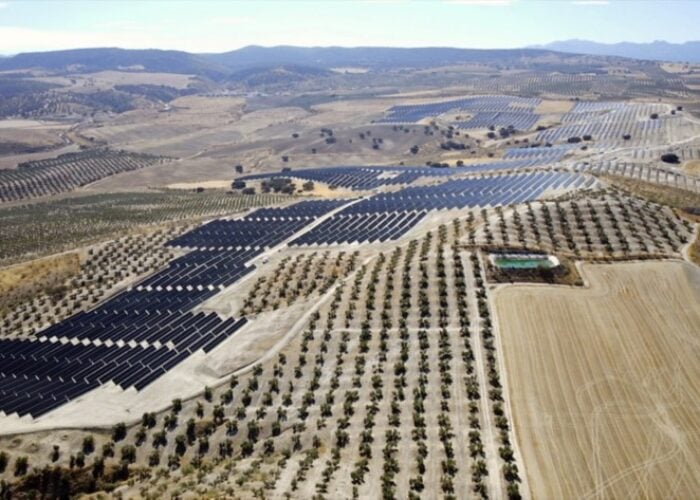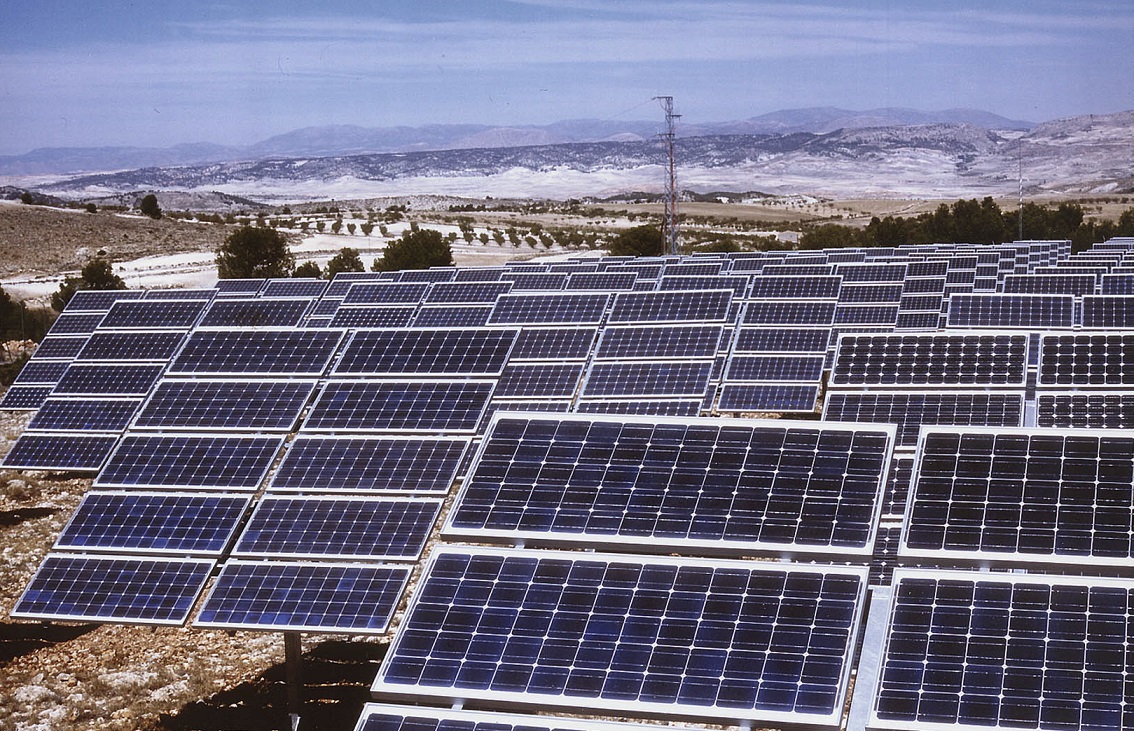
Spanish utility Endesa is planning to develop 23 green hydrogen projects in Spain that will be powered by almost 2GW of solar and wind capacity.
The company, which is owned by Italian utility Enel, said it has presented plans to Spain's government for the development of electrolysers with a total capacity of 340MW.
Try Premium for just $1
- Full premium access for the first month at only $1
- Converts to an annual rate after 30 days unless cancelled
- Cancel anytime during the trial period
Premium Benefits
- Expert industry analysis and interviews
- Digital access to PV Tech Power journal
- Exclusive event discounts
Or get the full Premium subscription right away
Or continue reading this article for free
The proposals consist of an investment of more than €2.9 billion and, when complete, will result in the production of 26,000 tonnes of green hydrogen annually.
Of the eight electrolysers that are planned for mainland Spain, four will be powered by PV, one by a combination of PV and wind, and three by wind. These will create 620 jobs during construction and 320 jobs in operations and maintenance over the next 20 years.
The most advanced project is being developed in A Coruña and feature a 100MW electrolyser powered by six wind farms with a combined capacity of 611MW. Another key mainland installation will be in Huelva, in the south of the country, and feature a 100MW electrolyser fed by 430MW of solar PV.
Rafael González, managing director of generation at Endesa, said the company wants to show its “clear commitment” to green hydrogen as a key in the energy transition process and the decarbonisation of the economy. “These are objectives that we have been working on for years and that have marked our strategy of progressive replacement of thermal generation with renewable generation.”
Alongside the mainland installations, Endesa will look to build renewable hydrogen projects in the Canary Islands and the Balearic Islands that will have a total of 25MW of electrolysers paired with 59.5MW of renewables capacity, the majority of which will be solar.
After Spain’s government approved a hydrogen roadmap last year that targets 4GW of installed electrolysis capacity by 2030, utilities in the country have gone on to announce significant expansions in the sector. Iberdrola revealed plans in September to form a new business unit focused on hydrogen that will use 100% green energy in the electrolysis process, while Naturgy and Enagás have joined forces to develop green hydrogen plant alongside a 400MW PV project in Spain’s Castilla y León region.
Recent research from IHS Markit found that green hydrogen production costs have dropped 40% since 2015, thanks to cheaper renewable power and electrolysis equipment. The research firm forecasts annual green hydrogen investments globally to exceed US$1 billion by 2023 as governments increase their support for the technology.

